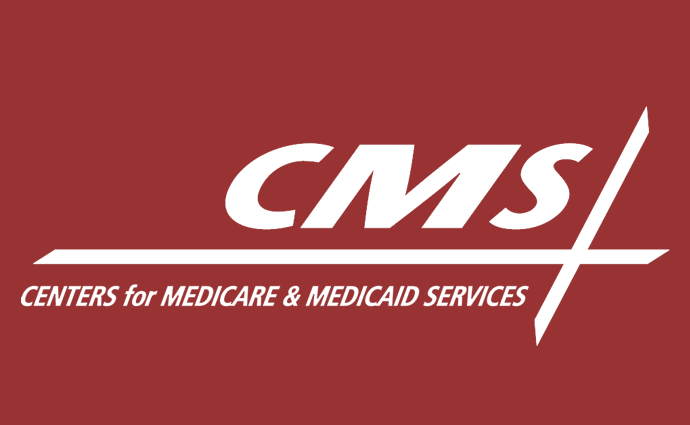CMS Releases Medicaid Block Grant With Drug, Benefit Flexibilities
The Medicaid block grants aim to serve non-elderly adults by giving states flexibility on drug formularies and benefit packages.

Source: CMS
- Updated 1/30/20: This article has been updated to include a statement from Avalere.
The Trump Administration announced a Medicaid block grant initiative called Healthy Adult Opportunity, which serves adults under the age of 65 who are ineligible for long term care and whose Medicaid coverage is optional in their state.
“This opportunity is designed to promote the program’s objectives while furthering its sustainability for current and future beneficiaries, and achieving better health outcomes by increasing the accountability for delivering results,” said CMS Administrator Seema Verma.
A block grant allocates a certain amount of money to a state which can then be used almost entirely without federal interference. While the announcement never uses the term “block grant,” it allows participating states to have enormous flexibility on how they spend funds for non-elderly adults.
“Subject to comprehensive expectations for minimum standards for approval of a Healthy Adult Opportunity demonstration, states will also have the opportunity to customize the benefit package for those covered and make needed program adjustments. This will be in real-time without lengthy federal bureaucratic negotiations or interference,” said the press release, emphasizing the freedom from federal oversight.
That being said, CMS underscored that states will be held accountable for the results. Savings will be shared between the states and federal government and the Medicaid block grant sets financial metrics to provide a standard.
For the first time, states can adopt a formulary like commercial payers’ which will enable them to negotiate drug costs. Specifically, CMS offers protections for HIV and behavioral healthcare treatments.
"One of the most significant changes is how state Medicaid programs can manage prescription drugs,” Margaret Scott, associate principal at Avalere, explained in a written statement to HealthPayerIntelligence.com.
"States would be able to develop closed formularies and exclude drugs from coverage, while continuing to receive full manufacturer rebates. Despite protections for certain drugs (i.e., mental health, HIV, opioid use disorder), we expect states could use the formulary flexibility to develop formularies more similar to commercial plans. This is a significant departure from the long-standing policy, which requires states to cover all drugs for which manufacturers pay mandatory rebates. Outside of changes to the drug benefit, these demonstrations could also allow states to use alternate managed care oversight standards and change other program elements (e.g., provider payment rates).”
Some of the participating states’ flexibilities can be found in Section 1115 Medicaid demonstrations but some are brand new. For example, states can implement retroactive coverage periods, nominal premiums, and cost-sharing with this grant. However, cost-sharing and premiums may not exceed five percent of a family’s income.
Back in March 2019, The Trump Administration proposed rolling back Medicaid expansion, creating state Medicaid block grants, and drastically cutting Medicare funding. The budget aimed to cut Medicare spending by $818 billion over the course of a decade and slash $1.5 trillion from Medicaid spending. Block grants were expected to play a significant role in these cuts.
Tennessee was the first state to put forward a Medicaid block grant proposal. Utah and Alaska have also considered the option.
Opponents of the program say that Medicaid block grants may allow states to use federal funding to bolster state projects outside of Medicaid.
“The guidance lets states divert federal Medicaid block grant funds from Medicaid to other state programs,” Cindy Mann, a partner with Manatt Health, told HealthPayerIntelligence.com in an emailed statement. “This enticement for states to opt into the block grant adds to the risks from capped funding. Diversion would deepen Medicaid cuts, adding to the access issues and squeezing already thin margins.”
But in the press release, CMS stressed that the Medicaid block grants were designed to protect a specific population and that the savings could spread improvements to the rest of the participating states’ Medicaid programs.
“We’ve built in strong protections for our most vulnerable beneficiaries, and included opportunities for states to earn savings that have to be reinvested in strengthening the program so that it can remain a lifeline for our most vulnerable,” said Administrator Verma.
